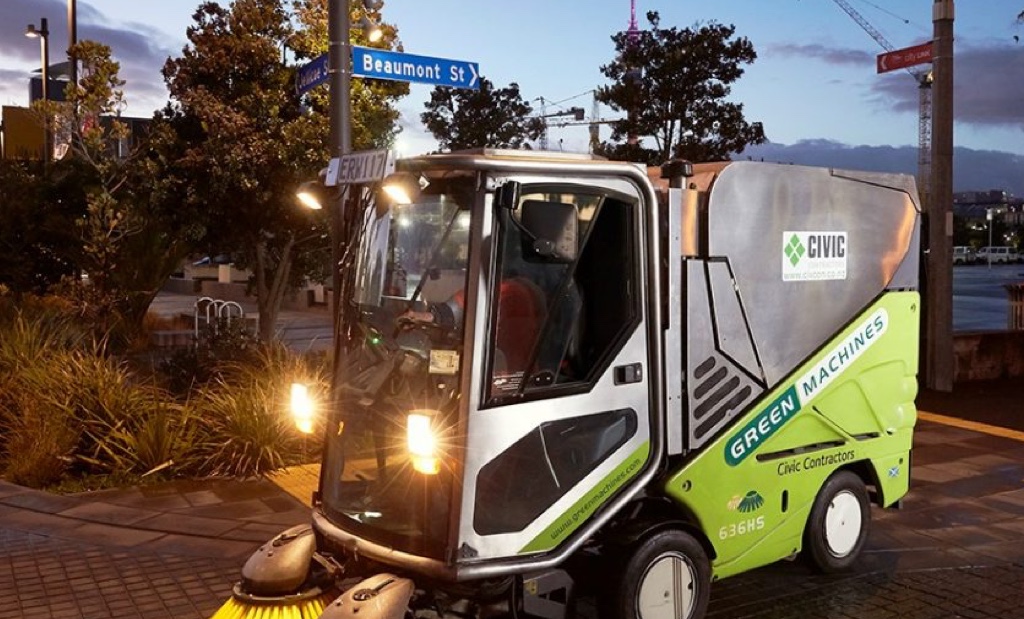Held in Christchurch from 5-8 November, the 2018 WasteMINZ conference ‘Target 2050’ was a big event for the waste industry in New Zealand. It was the 30th annual conference and it was centred around the new climate-change law, Zero Carbon Act, set to be introduced in 2018, which will put New Zealand on track to achieve zero greenhouse gas emissions by 2050.
More than 600 people attended the 2018 WasteMINZ conference over three days, including council representatives, politicians, niche businesses in the industry like Civic, some great keynote speakers, waste equipment providers and social enterprises. There was plenty of discussion around the topics of plastic waste, general waste minimisation, recycling, consent, compliance, climate change, product stewardship and sustainability.
Bjorn gave a presentation titled Modern Tech in the Waste industry — Pains & Gains in pecha kucha-style (meaning it was short and sweet — six minutes and 40 seconds in total, with just 20 slides on display for 20 seconds each). The talk was about Civic’s journey over the last decade using new technological innovations for litter and waste collection (such as electrical vehicles and equipment, bin sensors and smart solar bins). Bjorn shared both the positives (widely known benefits such as environmental ++) but also discussed the pain points that Civic staff and the business have encountered during this transition – from dealing with equipment issues to the challenges of leading innovation initiatives where price is prioritised over other benefits.
A key learning from the conference was that New Zealand is still well behind other countries like Australia when it comes to dealing with waste to landfill and carbon emissions. In fact, while other countries are reducing their emissions, New Zealand’s are still on the rise. There is some great work happening to fix this, but the question is whether or not we are doing enough.
It was great to see a huge rise in social enterprises represented at the conference, many of which are trying to tackle waste and incentivise people to buy less, at a community level. One such initiative was a tool library near Wellington that loans out a variety of small and power tools for building, woodwork, painting, gardening, sewing and craft. There was also a great collaborative video project, Waste New Zealand, by Kate Meads and filmmaker Brad Stent, which aims to educate and change New Zealanders’ behaviours around waste and recycling.
We came away from Christchurch with new knowledge and ideas, new connections, fresh inspiration — and plenty to think about.

